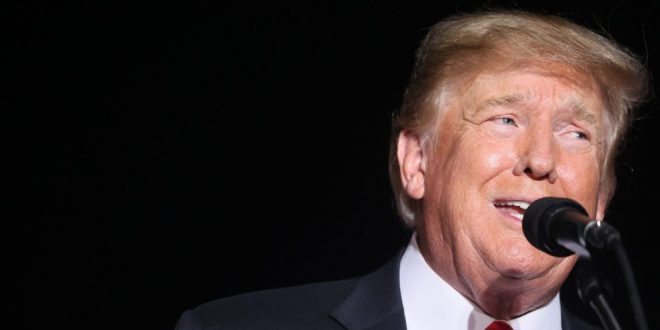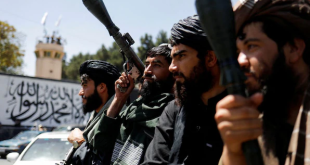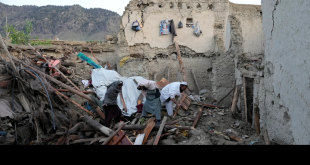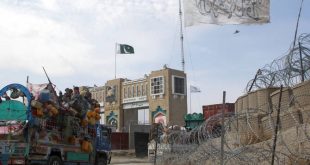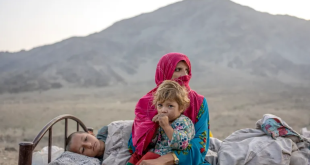AT News
KABUL: In August 2019, then-President Donald Trump asked his special envoy for Afghanistan, Zalmay Khalilzad, if the US could give money to the Taliban to ensure they adhered to his administration’s demands amid ongoing peace talks, according to a New Yorker report.
Among other demands, the Trump administration wanted guarantees from the Taliban that it would prevent terror groups like Al Qaeda and the Islamic State (ISIS-K) from using Afghanistan as a launching pad for attacks against the US. During a meeting at his Bedminister golf resort that also involved Vice President Mike Pence, national security advisor John Bolton, and other top officials, Trump asked Khalilzad if he could give the Taliban “something to make them cooperate.”
“What are you talking about, Mr. President?” Khalilzad replied to Trump’s query, per the report.
“Like money,” Trump went on to say.
“No,” Khalilzad said in response. “They’re on a terrorism list. We can’t give them money.”
The Afghanistan Taliban is not designated by the State Department as a Foreign Terrorist Organization. But the US government in 2002 designated the Taliban as a “Specially Designated Global Terrorist,” which bars the provision of any resources (including funds) to the group.
Trump did not immediately respond to a request for comment from Insider.
Though Trump was apparently willing to offer US funds to the Taliban — a group that fought against America and its allies for years in a war that claimed the lives of 2,461 US service members — he misleadingly accused the Obama administration of giving Iran billions of dollars to buy missiles to use against US forces.
The Trump administration, with Khalilzad leading the negotiations, eventually orchestrated a deal with the Taliban that paved the way for the withdrawal of US troops. The deal, signed in February 2020, is known as the Doha agreement.
President Joe Biden largely upheld the agreement, beyond extending the timeline for the pullout. The last US troops left Afghanistan in late August.
The withdrawal was chaotic and coincided with the Taliban regaining control of the control of Afghanistan for the first time since 2001. Biden has faced bipartisan criticism over his handling of the pullout.
While there are diverging opinions in Washington over who should take the blame for the way the withdrawal transpired, the deal the Trump administration made with the Taliban has been widely panned.
 Afghanistan Times
Afghanistan Times
